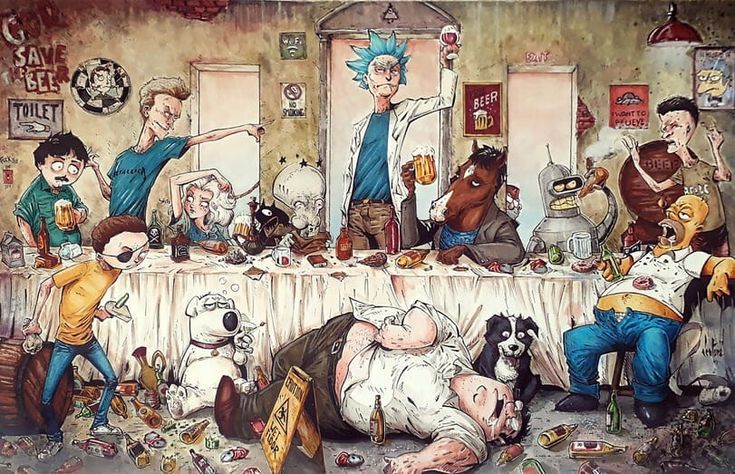The Psychology of Humor: Why We Joke and How to Get Funnier
Having a sense of humor makes life easier. A good joke can lighten the mood, help connect with a difficult conversation partner, and make us more attractive to others. But telling a successful joke isn’t always easy, and for some, it can feel like a real challenge. Plus, not all jokes are created equal—what makes one person laugh might disgust another.
“Our research shows that humor often arises from things that are both right and wrong, safe and dangerous, seemingly meaningless at first glance but actually a source of wisdom if you look closer,” says Peter McGraw, director of the Humor Research Lab at the University of Colorado.
Everyone’s sense of humor is unique and depends on many factors: temperament, personal experience, social background, and culture. That’s why we react differently to jokes and find different things funny.
Why Do We Need a Sense of Humor?
Every emotion we experience serves a purpose. For example, fear warns us of danger. But is the ability to joke really necessary from an evolutionary perspective?
Psychologist and professor Larry Ventis believes that a sense of humor can be an important criterion when choosing a partner, as it partly reflects a person’s intellectual level. It’s no coincidence that “good sense of humor” is often listed as a strength on dating profiles. After all, someone who can make us laugh is much more likely to catch our interest.
Another reason: humor helps us cope with difficult situations. “I think nature gave us the ability to joke so we could believe in a better future,” says Penny Pexman, a professor at the University of Calgary in Canada. “Being optimistic is one way our species survives. Sometimes we act completely illogically because we’re sure our plan will work.” Humor also helps us deal with setbacks. An ironic comment can help us express our feelings, accept what happened, and move on.
Rod Martin, author of the book The Psychology of Humor1, believes humor is also essential for survival because it helps us bond with others: “Laughter is a way to express emotions, and its sound triggers similar feelings in those nearby. That’s why laughter is so pleasant and contagious.” Martin sees it as a social phenomenon—after all, people rarely laugh alone.
Who’s Funnier: Extroverts or Introverts?
We tend to think that outgoing, sociable people have a better sense of humor. That’s partly true—they do tell more jokes and laugh more often. But that doesn’t mean all introverts lack this ability, Martin notes. Their humor is often subtler, and they don’t feel the need to make others laugh as much as extroverts do.
Men or Women?
It’s commonly believed that women prefer partners with a good sense of humor, while men care more about whether a woman laughs at their jokes. Some studies suggest that men are better at joking than women, while others find these results inconclusive. For example, Hooper, Sharp, and Roberts found that respondents tended to prefer men as comedians due to stereotypes. When the author of a funny caption was unknown, participants made more unbiased choices, and men were no longer clear favorites.
How to Develop a Sense of Humor
- Notice what makes you smile.
There’s no point in memorizing jokes you don’t find funny—you probably won’t be able to tell them in a way that makes others laugh. Pay attention to what makes you laugh. What exactly did you find amusing, and why? Share it with someone you think will appreciate the joke. - Surround yourself with humor.
Watch comedians you find funny, and observe their movements and facial expressions. Listen to podcasts that make you laugh, and read humorous stories. Developing a sense of humor is a bit like learning a new language. Just as English teachers recommend immersing yourself in an English-speaking environment, you need to immerse yourself in the world of humor. - Consider the situation before joking.
When you decide to share a joke with friends, try to pick the right time and place. Not every joke is appropriate for a business meeting, and not every joke you share with coworkers over coffee will make sense to your friends. How funny your remark seems to others also depends on the context.



